Google's plan to end support for 3rd-party cookies in Chrome has many consequences for advertisers
On Monday, VP/GM Buying, Analytics and Measurement, Google Ads Vidhya Srinivasan announced in a post on the Google Blog that Data-Driven Attribution (DDA) will soon become the default attribution model for all new Google Ads conversion actions, replacing the current default, Last-Click Attribution.
Ms. Srinivasan said:
"In the face of a changing privacy landscape, marketers need new measurement approaches that meet their objectives and put users first. This is why we’ve invested in new tools to help you future-proof your measurement."
I take "changing privacy landscape" to refer to Google's plan to end support for 3rd-party cookies in Chrome and replace it with the FloC algorithm, which is now scheduled to happen 31 October 2023.
DDA as employed in Google Ads is supposed to use advanced machine learning in order to understand more accurately how each marketing touchpoint contributes to a conversion while at the same time enhancing user privacy.
Along with the switch from Last-Click to Data-Driven attribution, Google will be making other changes - including changes to data requirements and support form additional types of conversions, including in-app and offline - that are intended to enable us to get better performance from our Google Ads campaigns.
Note that "changes to data requirements" refers to the fact that prior to this change, DDA was only available to accounts with enough recent conversions to run the DDA model accurately. But now all accounts should be able to run DDA regardless of recent conversion history - which probably indicates that Google has tweaked its attribution algorithm enough to make it reliable with fewer data available.
Per Google, capabilities of DDA for Google Ads include:
- Improve accuracy by analyzing all data from all interactions - in Search, Shopping, YouTube and Display - leading up to conversions
- Use multiple signals including ad format and time between ad interaction and conversion
- Improve calibration of attribution models through experimentation
- Optimize bidding based on hard data
- Reveal which keywords, ad groups and campaigns contribute most to meeting business objectives
- Integration with Google Analytics 4
- Block covert privacy-compromising techniques
Google claims that DDA combined with automated bidding can drive more conversions without increasing cost per conversion.
Note that in coming months Google will be "migrating existing conversion actions to DDA for many advertisers" and that all new conversion actions will default to DDA. But a manual opt-out is said to become available, and the other attribution models will remain.
As with any change made to Google Ads, watch carefully what effect these changes have to your numbers of conversions, conversion ratios, costs per conversion and any other metrics that reflect your return on investment in Google Ads.
Follow this link to find out more about how you can get fast marketing results from Google Ads paid search.

 - David
- David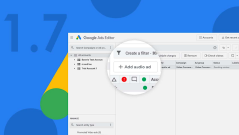

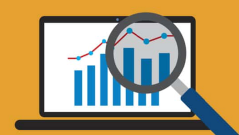


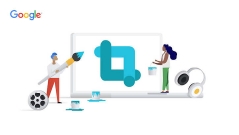

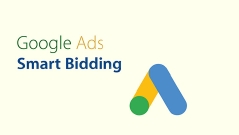
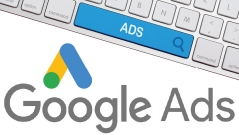
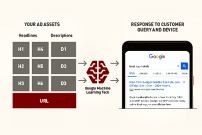
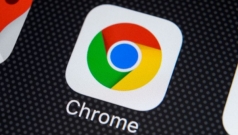
Comments on Data-Driven Attribution (DDA) to replace last click as default in Google Ads